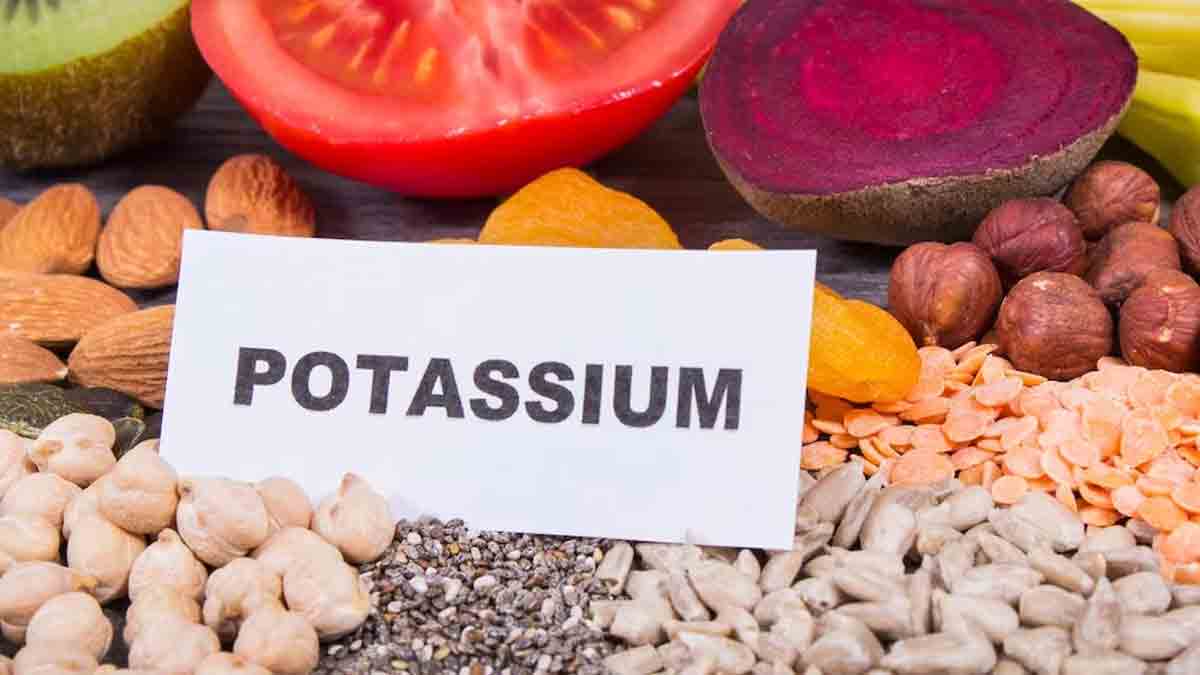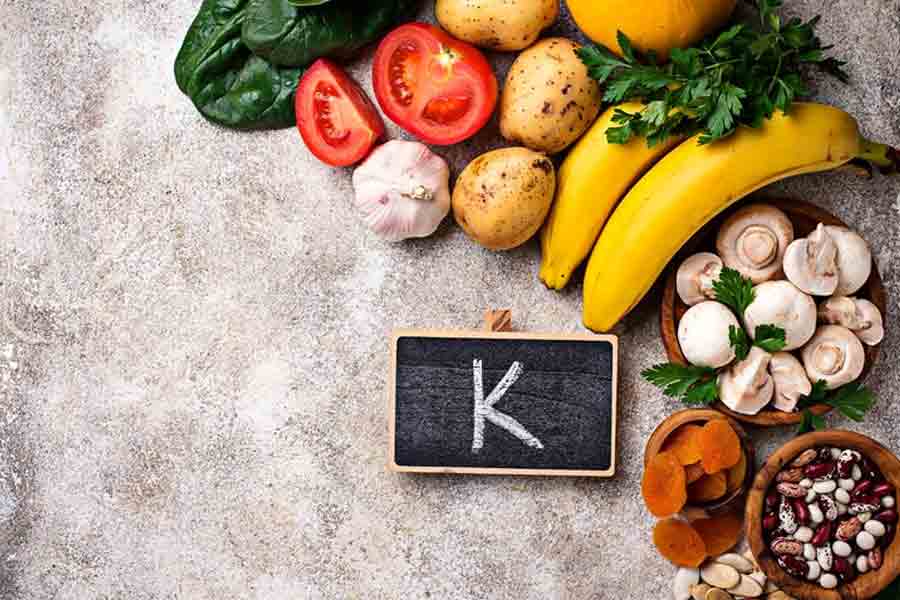
Your body requires a balanced set of vitamins and minerals. This means that both low and excess amounts of nutrients can throw your bodily systems off.
Potassium is an essential mineral that plays a significant role in maintaining proper heart and muscle function while regulating fluid balance in the body. This is why fulfilling your daily requirements is crucial. However, this does not mean you go overboard. Both excess and low potassium intake can backfire, leading to serious complications.
Table of Content:-
What Is Hyperkalemia?

Speaking with the OnlyMyHealth team, Dr Srabani Mukherjee, Dietician, Fortis Hospital, Anandapur, described hyperkalemia as a condition where too much potassium is accumulated in the body, leading to serious heart problems.
She added, "Medical reports convey the fact that consuming too many bananas can cause hyperkalemia. Bananas contain a rich amount of potassium that is good for the body, but overconsumption can have such adverse effects. Moreover, it can cause muscle weakness and temporary paralysis.”
According to StatPearl Publishing, hyperkalemia occurs when the potassium level in the serum or plasma is higher than the upper limits of normal, typically 5.0–5.5 mEq/L.
What Is Hypokalemia?
Research suggests hypokalemia is more prevalent than hyperkalemia. It is the condition where the serum potassium level is 3–3.4 mmol/L, moderate when the serum potassium level is 2.5–3 mmol/L, and severe when the serum potassium level is less than 2.5 mmol/L.
According to Dr Anantha Padmanabha, Consultant-Internal Medicine, Fortis Hospital, Nagarbhavi, Bengaluru, potassium is vital for maintaining a regular heart rhythm, which is why low levels of potassium can lead to an abnormal heartbeat, palpitations, or other cardiac issues.
Other symptoms include digestive issues like constipation, numbness or tingling sensations, usually in the extremities, and increased blood pressure, leading to hypertension.
How Much Potassium Do You Need In A Day?

As per the National Institutes of Health, Office of Dietary Supplements, the amount of potassium needed daily varies depending on your age and sex.
Generally, adults need more than children, and men need slightly more than women. For example, an adult male needs 3,400mg while an adult female needs 2,600mg daily.
Pregnant and breastfeeding women have slightly higher needs due to additional demands. It's important to note that these are general recommendations, and individual needs may vary based on health conditions or other factors.
Remember to consult with a healthcare professional for personalised advice on your potassium needs.
Also Read: Vitamins And Minerals Deficiency: Types, Causes, And Symptoms
Potassium Food Sources

Some of the common potassium-rich food sources include:
- Bananas
- Sweet potatoes
- Leafy green vegetables like spinach
- Avocados
- Legumes
- Salmon
- Plain yoghurt
- Tomatoes
- Oranges
- Cantaloupe
- Kiwi
- Nuts such as almonds and pistachios
Conclusion
Maintaining a balance of potassium levels is crucial for overall health. While an adequate amount of this essential mineral supports heart health and regulates fluid balance, consuming too little or an excess of the same is linked to increased heart disease and stroke risk. Striking a balance in potassium intake through a well-rounded diet contributes significantly to the body's optimal physiological functioning and long-term well-being.
Also watch this video
How we keep this article up to date:
We work with experts and keep a close eye on the latest in health and wellness. Whenever there is a new research or helpful information, we update our articles with accurate and useful advice.
Current Version